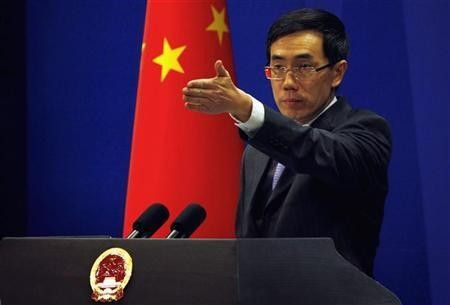China's Journalism Takes A Hit As Journalists And Editors Get Charged With Bribery

News coverage in China has been taking a hit recently. Bloomberg was recently accused of self-censoring content to exclude more controversial China investigative reporting in hopes of not putting their China presence in jeopardy. Now national Chinese news is also under fire after journalists admitted to receiving ‘rewards’ for publishing fabricated news stories.
It’s likely not a surprise that China’s political environment makes reporting difficult. Reporting in the world’s second-biggest economy is a challenge for foreign and local journalists for varying reasons but also for many similar ones. Journalists in China, regardless of their nationality, must deal with China’s bureaucratic-heavy accreditation processes and censorship by the nation’s propaganda bureaus; they even subject themselves to self-censorship to avoid trouble.
In China, authorities have caught several high-profile journalists for taking bribes from private company’s putting scrutiny on the media and PR machines that seem to run China’s news cycle. According to a report by Caixin, several high-profile reporters and editors, including most recently Xiong Xiong, an editor at the technology news department at Beijing Youth Daily and Yang Kairan, editor of the Beijing Times automobile column, were detained for accepting more than a million yuan ($164,700) in bribes.
A report by state-run China Daily also claimed that a group of journalists, including Yang, were arrested in a separate case that involved several public-relations companies alleged to have colluded with local media employees. However, the recent revelations seem to be just the tip of the iceberg. The newest arrests appear to be the beginning of a crackdown on rumor-mongering, an activity that was banned by authorities in a document setting forth the principles of appropriate online behavior.
The scandal has triggered a conversation of the necessary steps needed in order to strengthen displinary action on media companies. Wang Sixin, a professor at the Communication University of China told the China Daily that “media mainly offers intellectual and cultural products,” which “makes administrative regulations for media difficult to apply.”
A lot of China’s large issues exist because a standardized way of operating doesn’t exist within the media industry, allowing for such questionable journalistic integrity decisions to go unreported or unpunished. “Some media don’t have tight personnel management and don’t provide good salaries for their employees while some media employees take advantage of their positions to accept bribes in the marketing process,” Wang added.
© Copyright IBTimes 2025. All rights reserved.






















